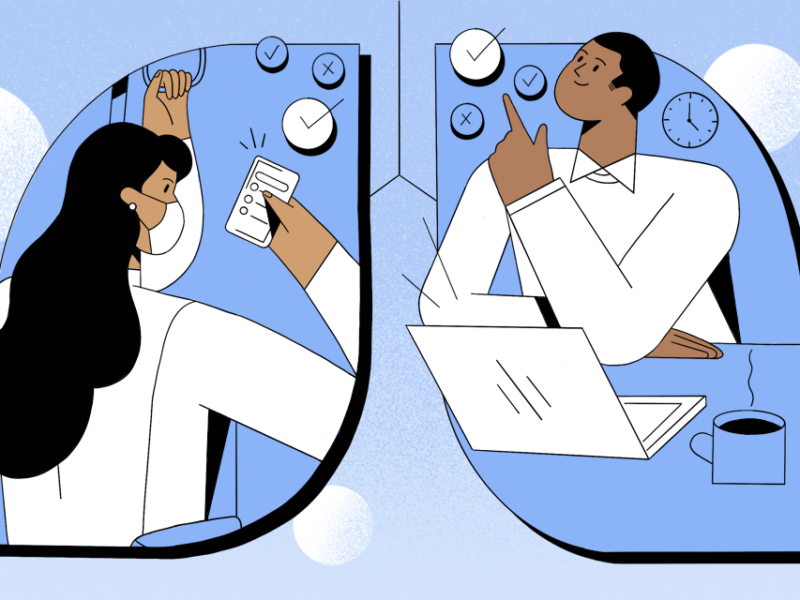Prevention of viral hepatitis receives well-deserved attention this June from the U.S. Department of Health and Human Services (HHS) in observance of Lesbian, Gay, Bi-sexual, Transgender, and Queer (LGBTQ) Pride Month. Piggybacking on the hype of this month’s celebration, policy makers in Washington aim to increase awareness of this preventable and treatable illness that disproportionally affects gay and bi-sexual men. High prevalence and lack of awareness have led to viral hepatitis being coined a “silent epidemic” by HHS.
Gay, bi-sexual, and other men who have sex with men (MSM) are at higher risk for hepatitis A and B, as well as other sexually transmitted diseases (STDs) such as HIV/AIDS syphilis, gonorrhea, and chlamydia, for biological, socio-cultural and behavioral reasons. Specifically in terms of biology, MSM who practice anal sex are at a higher risk of acquiring STDs because rectal tissue is fragile and prone to tearing during intercourse, which allows entry for infectious agents. According to the CDC, the three percent of the U.S. population who identify as MSM, account for approximately 10 percent of all new hepatitis A cases and 20 percent of all new hepatitis B infections. Thus HHS has deemed this group a priority population in their Action Plan for the Prevention, Care and Treatment of Viral Hepatitis.
Hepatitis, the leading cause of liver cancer, is the inflammation of the liver caused by a virus (there are five hepatitis viruses: A, B, C D, and E). In MSM, hepatitis A and B are usually spread through anal-oral sex. Hepatitis B can also be contracted if any infected blood, semen, or other body fluid enters the body of an uninfected person. All types of hepatitis are usually acute, lasting no more than six months; however, some with hepatitis B can develop chronic hepatitis, which is a serious and lifelong illness. Symptoms of hepatitis infection include fever, fatigue, loss of appetite, nausea, vomiting, abdominal pain, dark urine, grey-colored stools, joint pain, and jaundice. Generally, those infected experience no symptoms, as they sometimes take up to 30 years to develop. This enables it to be spread unknowingly, highlighting the importance of vaccinating those at risk.
The good news is that hepatitis A and B are preventable as the vaccine provides long-term protection against the viruses. Despite this, the CDC reports only 30 percent of gay men are vaccinated. The vaccines for hepatitis A and B can be taken separately or as a combination, and require two to three shots within a six month period. Experts recommend that all MSM receive the vaccination. Also, one can obtain a personal report of their hepatitis risk by taking a five-minute survey on the CDC’s website.
Increasing hepatitis awareness and prevention is only one of various efforts by HHS to improve health care for the LGBTQ population during pride month. In addition, HHS works to increase health coverage for LGBTQ Americans, conduct national surveys specific to LGBTQ health issues, and issue rules requiring hospitals to allow same-sex partners to visit one another in the hospital.
“All Americans, no less LGBT individuals, deserve the right to accessible, affordable, quality health care,” stated HHS Secretary Kathleen Sebelius in her press release on the first of the month. “Observing LGBT Pride Month in June spotlights our commitment to addressing the special health needs of LGBT Americans and reducing health disparities for them and members of other vulnerable communities.”
